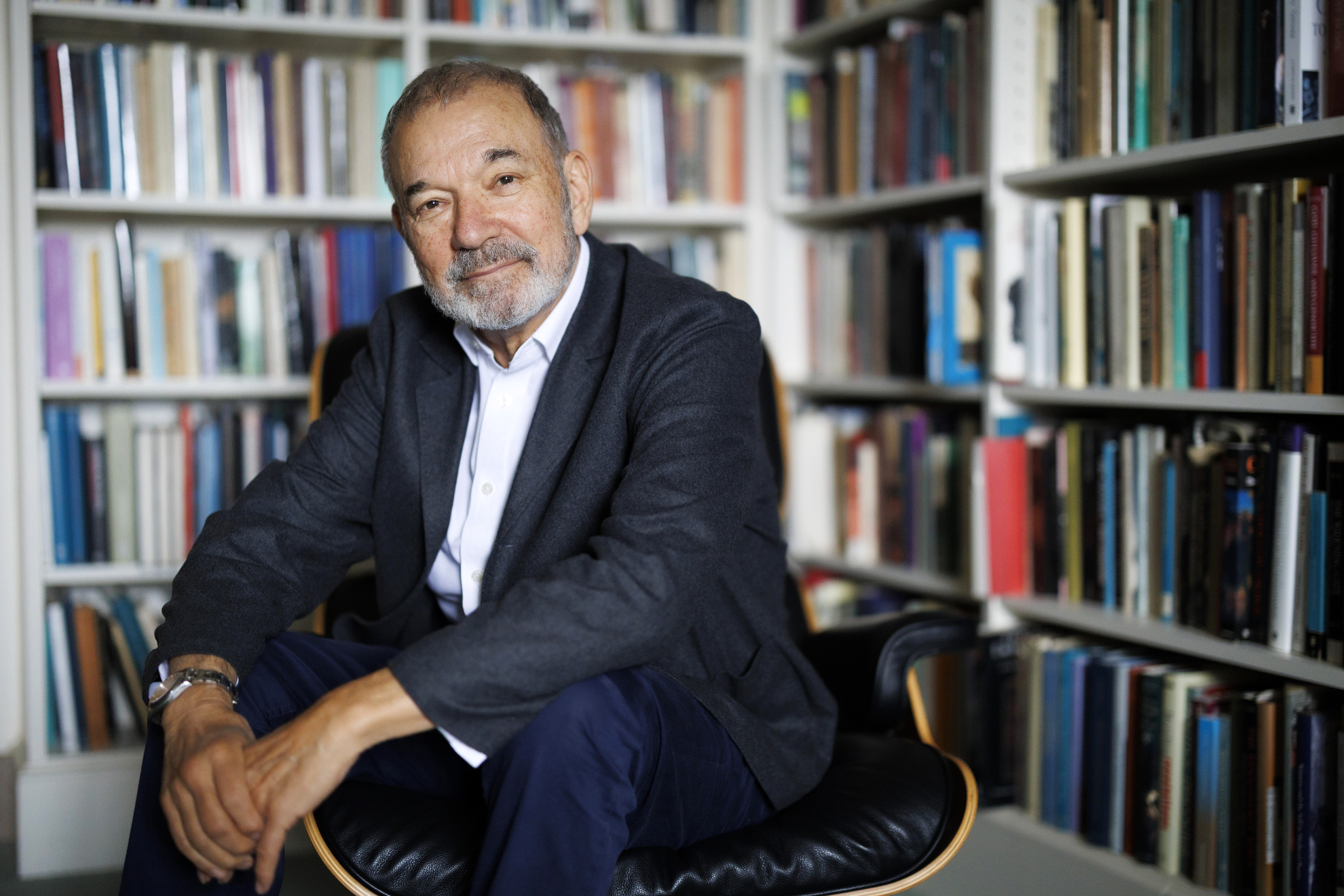
"Decades later, Greenblatt has made his case with "Dark Renaissance," a literary history of the knowns and unknowns of the life of Marlowe, killed at 29. The book is not just a thrilling read - full of transgression and espionage - but also an argument for Marlowe's literary significance: as much as anyone the inventor of the Elizabethan theater that Shakespeare would soon perfect, and for the tragic grandeur woven through his work, his own meteoric rise and squalid, murky death."
"Your book offers a vivid picture of England in the 1560s and 1570s, when Marlowe - and Shakespeare - came of age. It is frankly a frightening place, with religious conflict between Protestants and Catholics, but also Protestants and more extreme Protestants. And it's marked by violence, betrayal, and paranoia. Yes. Society had split into warring parties, and the parties hated each other - it wasn't just that they didn't agree. People were getting killed."
Christopher Marlowe rose rapidly to reshape Elizabethan theater through bold, transgressive plays that fused tragic grandeur with innovation. His life unfolded amid 1560s–1570s England's violent factionalism, marked by intense Protestant–Catholic conflict, militant Protestant factions, and widespread paranoia. Foreign threats and covert operations, including recruitment of killers aimed at the queen, intersected with theatrical networks and espionage. Marlowe's meteoric ascent, entanglements with clandestine agents, and premature, murky death at twenty-nine exemplify the era's peril and audacity. Marlowe's aesthetic and personal trajectory deeply influenced the theatrical revolution that contemporaries such as Shakespeare would consolidate.
Read at Harvard Gazette
Unable to calculate read time
Collection
[
|
...
]